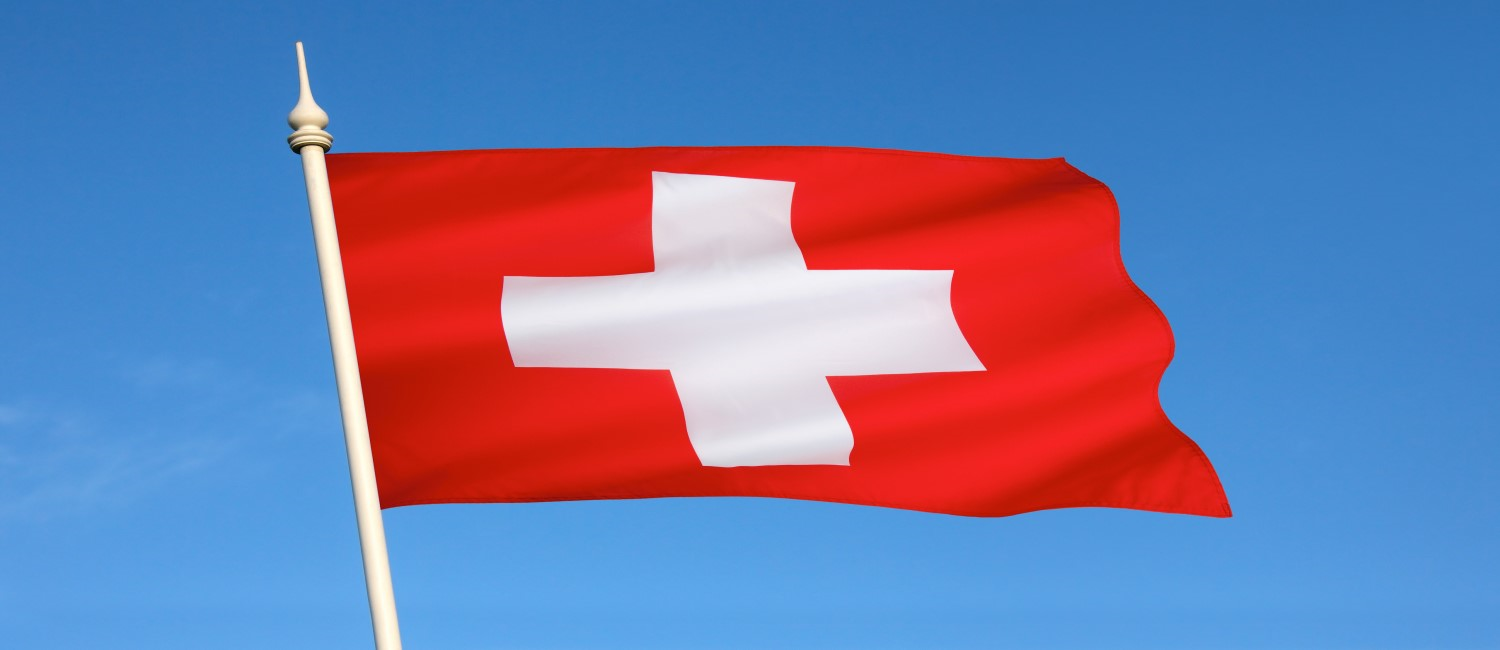Money laundering remains a pervasive issue in various illicit activities worldwide, encompassing drug trafficking, terrorism, and financial fraud. Those involved in these activities often seek nations with lenient regulations and oversight, making it imperative for countries to adopt stringent anti-money laundering (AML) measures. This guide provides an in-depth overview of AML regulations in the Dominican Republic, shedding light on the country's efforts to combat money laundering and terrorist financing effectively.
AML in the Dominican Republic
The Dominican Republic has taken significant steps to combat money laundering and related crimes. It has ratified international treaties and conventions aimed at promoting global cooperation to prevent illicit financial activities within its borders. Notably, the Inter-American Convention Against Corruption (1996) and the United Nations Convention Against Transnational Organized Crime (2002) are among the key agreements the country has endorsed. In 2002, the Dominican Republic's Congress enacted Law 72-02 to regulate areas covered by these conventions.
However, in 2012, the recommendations for AML measures underwent significant changes. These updates were designed to address money laundering, terrorism financing, funding for weapons of mass destruction, and other severe threats to the international financial system. In response, the Dominican National Congress initiated the development of new legislation to strengthen the nation's anti-money laundering framework. This legislation was finally implemented on June 1, 2017, marking a significant milestone in the country's commitment to combat financial crimes.
The New Anti-Money Laundering and Terrorist Financing Act
On June 1, 2017, the Dominican Republic's Executive Power promulgated the new Anti-money Laundering and Terrorist Financing Act 155-17 ("New Law"). This legislation aimed to modernize and align the Dominican legal framework with contemporary international standards. Replacing the outdated Anti-Money Laundering Act 72-02 of 2002, the New Law provides a more robust, coherent, and modern legal structure.
The New Law's primary objectives include:
- Enhanced Regulation: The New Law seeks to regulate money laundering and terrorist financing more effectively, in line with the latest international guidelines.
- Transparency: It promotes transparency and the sharing of information about economic agents, their activities, and their beneficial owners in accordance with international standards.
- International Collaboration: The New Law facilitates the Dominican Republic's collaboration with international organizations, access to foreign financing, and participation in global efforts to combat financial crimes.
Preventing FAFT Blacklisting
One critical aspect of the New Law is its role in protecting the Dominican Republic from being placed on the Financial Action Task Force's (FATF) 'blacklist.' Such a designation could deter foreign investment and adversely affect the nation's overall economy. Additionally, the New Law provides mechanisms for imposing sanctions on individuals involved in illegal financial activities, thereby safeguarding both foreign and domestic investments and the welfare of Dominican citizens.
Dominican Republic's AML Regulators
In the Dominican Republic, the Financiero Analysis Unit (Financial Analysis Unit, or UAF) serves as the primary AML regulator. Its key responsibilities encompass receiving, requesting, analyzing, and disclosing reports of suspected financial activities and cash transactions exceeding $10,000. The UAF also offers technical assistance to other competent authorities in AML matters.
The National Anti-Money Laundering Committee, established to coordinate policies for preventing, discovering, and repressing laundered assets, plays a crucial role. Its responsibilities include:
- Coordinating efforts between the public and private sectors to prevent money laundering.
- Advising the Executive Power on legal and administrative actions required to improve AML procedures.
- Overseeing annual budgets for the Committee and other institutions established by the New Law.
The Committee, chaired by the President of the National Drug Council, comprises key figures such as the Republic's General Public Attorney, the Minister of Finance, the Superintendent of Banks, and the President of the Drug Control Office.
Another vital component in the fight against money laundering is the Custody and Management of Seized Assets Office, which operates under the National Committee Against Money Laundering. Its primary functions include safeguarding, administering, and selling confiscated assets related to crimes outlined in the law. This office also has the authority to engage in agreements with domestic and international private enterprises for the management of confiscated assets.
Additional AML regulators in the Dominican Republic include the Central Bank of the Dominican Republic, the Superintendence of Banks, the National Drug Council, and the Secretariat of Finance.
Conclusion
The Dominican Republic's commitment to combat money laundering and terrorist financing is evident through its adoption of international conventions and the enactment of the New Anti-Money Laundering and Terrorist Financing Act. These efforts align the country with global AML standards, bolster transparency, and promote collaboration with international organizations.
For investors, businesses, and individuals considering involvement in the Dominican Republic, these AML regulations provide a level of assurance and security. By staying updated with these regulations and cooperating with relevant authorities, stakeholders can contribute to a safer and more secure financial environment in the Dominican Republic.




